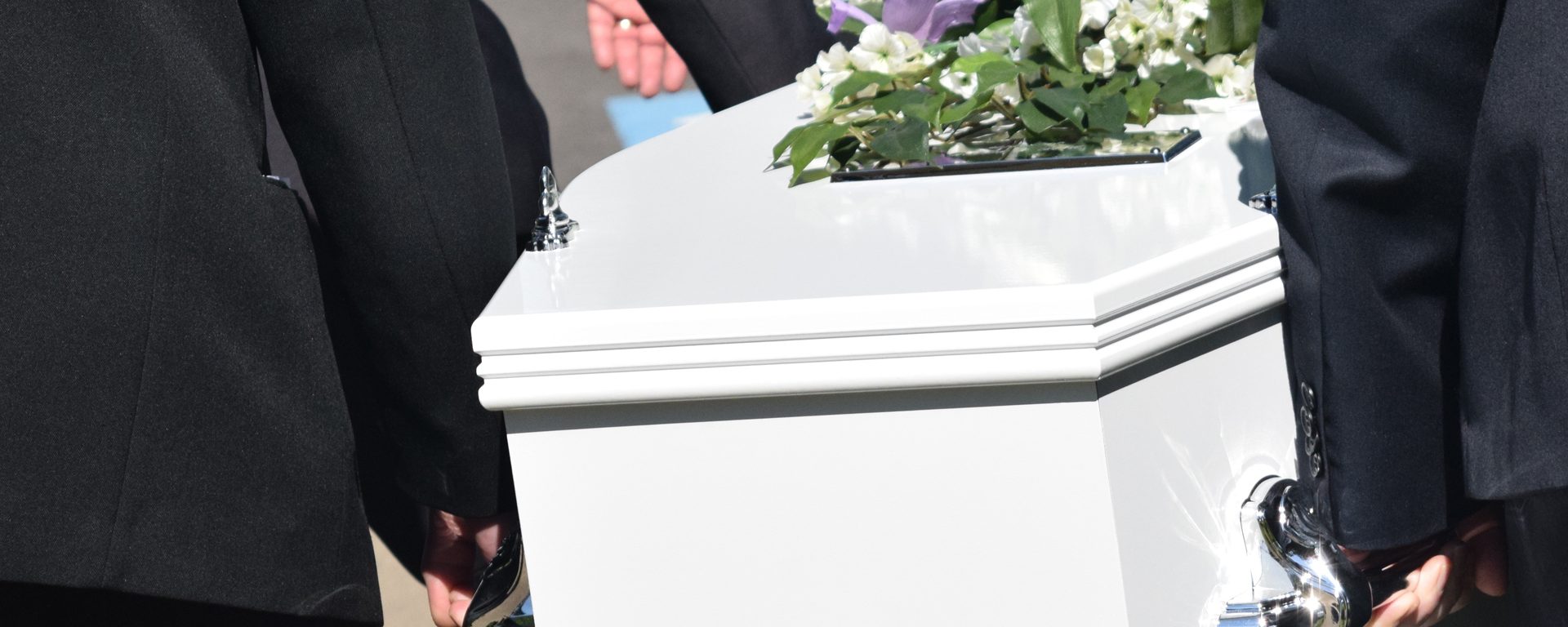There are many questions — and often, some level of skepticism — around the field of mortuary science. Like countless people out there, you may know mortuary science in its most literal terms: the study of the deceased. What you may not know, however, is that a mortuary science career goes much beyond that simple definition. In addition to being dedicated scientists, mortuary science professionals are some of the most compassionate service workers, strongest managers, and attentive planners out there.
If you want to learn more about the field of mortuary science, or interested in getting involved, it's important to start with the basics. What is mortuary science, and what does it really involve? What expectations should you have, and what hesitancies should you let go of, before pursuing this career path? Let's dive in.
What is Mortuary Science?
Mortuary science is the study of deceased bodies, particularly with respect to their burial and the bereavement of their families. The term “mortuary science” is most often used to describe college curriculums that prepare students for work as a funeral director.
Let's break down the term for a moment. A “mortuary” is a funeral home or morgue. As an adjective, “mortuary” relates to death and the burial of the deceased. “Science” is the study of the structures and behaviors that make up natural and social worlds. Science involves studying through observation, experiment, and evidence-based methodologies.
Together, mortuary science refers to the pursuit and application of knowledge relating to the deceased — the preparation of bodies for burial, the emotions of the grieving process, and the general operations behind a funeral home. These are some of the many pieces that go into a mortuary science degree. With all this knowledge, you can pursue careers such as a:
- Funeral Director
- Mortician
- Embalmer
So, What is Mortuary Science Actually Like?
As mentioned above, mortuary science is more than just working with the deceased. While science is a big part of the career — particularly for those interested in embalming — mortuary science also involves human services and business management.
In addition to working with the deceased, funeral directors also work with the families who are grieving. These professionals have the great responsibility of helping people through some of the most difficult times of their lives. They are a support system, a confidant, and in many ways, a counselor to families planning a funeral. Therefore, if you are considering this field, you should be empathetic and understanding. If you enjoy working with people and helping them in times of need, rest assured this is one of the most rewarding careers you can pursue.
Human service and social science courses you can expect in a mortuary science program include:
- Psychology of Death and Dying
- Funeral Service Communication (at Goodwin University, students in this course practice communication with the bereaved in a workshop setting)
Funeral directors are also business managers — the run the daily operations of the funeral home, plan wakes and funerals, and coordinate all the details leading up to those events. They must know how to manage the costs associated with funeral processes, oversee staff, plan the intricate details of the funeral, file important paperwork, and work to ensure each family's needs are met, while remaining compliant with state laws. Business classes you can expect to take in your mortuary science school include:
- Accounting
- Introduction to Management
- Funeral Service Management
- Funeral Service Law
- Funeral Service History and Merchandising
Of course, mortuary science also involves science. Whether you are strictly an embalmer — the person who prepares the deceased body for burial — or you are a funeral director, you will need to have a variety of practical science skills under your belt. A mortuary science degree will teach you the biology of the human body, how to examine corpses, and how to preserve and prepare the body, either for funeral services or for medical/research purposes. This is a mix of art and science.
The science courses you must complete as part of a mortuary science program are:
- Microbiology
- Human Biology
- Humans and Disease
- Embalming
- Thanato-Chemistry
- Restorative Art
In Connecticut, you must also have assisted in at least 50 embalming operations before becoming licensed in this field. This can be done through a hands-on apprenticeship program. You can learn more about the requirements here.
In sum, mortuary science is not just the study of the deceased; it is the study of everything that happens within a funeral home. It is the study of embalming, management, and service work all in one, as they related to post-mortem events. And as a result, it requires a very special person to pursue a career in this field of work.
If you are interested in learning more about the field of mortuary science, or would like to learn more about the Mortuary Science Program at Goodwin University, please do not hesitate to reach out. This field is in need of compassionate and passionate professionals like you. Contact us at 800-889-3282 to learn more, or visit us online to request information today.
Goodwin University is a nonprofit institution of higher education and is accredited by the New England Commission of Higher Education (NECHE), formerly known as the New England Association of Schools and Colleges (NEASC). Goodwin University was founded in 1999, with the goal of serving a diverse student population with career-focused degree programs that lead to strong employment outcomes.

